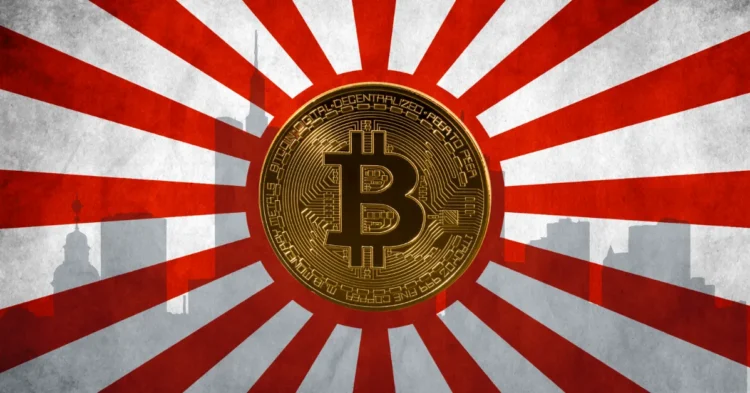The global cryptocurrency market has experienced a rejuvenation with the recent launch of crypto exchange-traded funds (ETFs). However, Japan continues to tread carefully, with its Ministry of Finance and the Financial Services Agency (FSA) expressing concerns about the inherent risks and volatility associated with these financial products. While countries such as the United States and Hong Kong have already advanced by introducing spot Bitcoin and Ether ETFs, Japan’s stringent regulatory environment may hinder its competitive edge in the financial sector in the future.
High Crypto Taxes: A Barrier to Adoption
The complexities of Japan’s tax system add another layer of challenge for crypto investors. Cryptocurrency profits are taxed as miscellaneous income, which can reach rates as high as 55%. This is a stark contrast to the approximately 20% capital gains tax on traditional ETFs, prompting calls for reform. Yuichiro Tamaki, leader of the Democratic Party for the People, has proposed reducing the tax rate on crypto to 20% and eliminating taxes on crypto-to-crypto exchanges, advocating for a more level playing field.
Investment Continues Despite Challenges
Despite these regulatory and tax obstacles, Japanese firms continue to show interest in cryptocurrency investments. A standout example is investment company Metaplanet, which recently purchased 108.78 BTC for about $6.92 million. This acquisition brings the firm’s total Bitcoin holdings to approximately 640 BTC, earning it the nickname “Asia’s MicroStrategy.” Metaplanet’s actions reflect a bullish sentiment towards Bitcoin despite the restrictive regulatory landscape.
It’s Time for Reform!
Crypto advocacy groups in Japan are fervently pushing for more favorable market conditions. Nonetheless, progress remains sluggish. Entrepreneur Mario Nawfal captures this sentiment by stating that Japan is “still in HODL mode,” highlighting the country’s cautious stance. The ongoing discussions around tax reform and ETF approvals represent a pivotal moment for Japan’s digital asset strategy, as it seeks to balance the scales between fostering innovation and maintaining regulatory prudence.
The Potential Risks of a Cautious Approach
Japan’s stringent regulations could potentially deter new investors and drive existing crypto enthusiasts to explore opportunities in other countries. If this trend persists, it could weaken the yen and limit Japan’s growth potential in the burgeoning crypto market. The question arises: is Japan missing out on a massive opportunity by being overly cautious about crypto? As the world dives into this trillion-dollar market, the time may be ripe for Japan to reconsider its stance and embrace the potential of cryptocurrencies.
Is Japan missing out on a massive opportunity by being so cautious about crypto? Let us know your thoughts.











